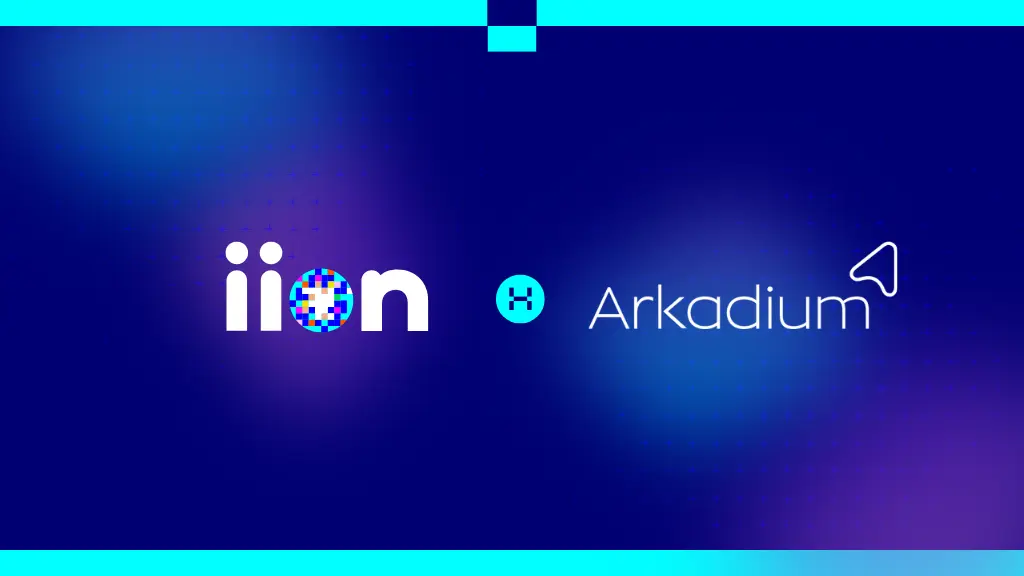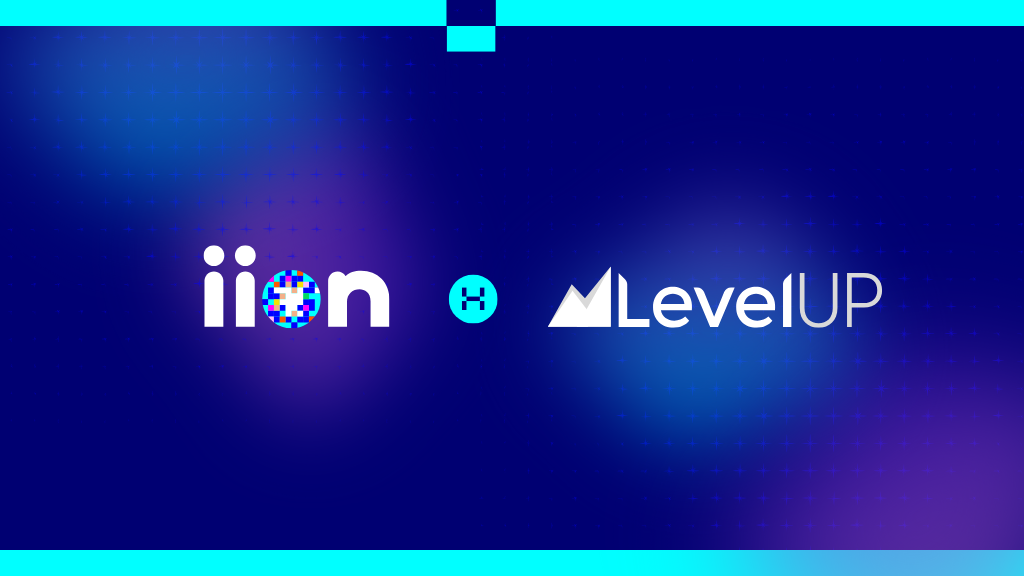AdTech
Google Monetization Platforms: Bidding Changes Unpacked

The digital advertising landscape is ever-evolving, and the recent announcements by Google are set to make a significant impact on the industry.
Google Ads is pivoting towards real-time bidding auctions for apps; the initial deadline was October 31st but has since been postponed to 2024.
This transition will feature a grace period for multiple calls in hybrid waterfalls—a move that will ripple through publishers, advertisers, and the digital ecosystem at large.
Before this date, Google Ads may begin to transition away from waterfall buying for some multi-call requests.
Before we delve further into these changes let’s explore Google product landscape and the implications of these changes across the broader environment.
Google's Advertising Product Landscape
Google demand comprises many bidders including Google DV360 and other programmatic buyers who have not made any announcement.
That being said, it's important to understand that Google's advertising products are diverse, with each serving a unique purpose:
Google AdX
A real-time marketplace for advertisers to bid on ad impressions that contains Google Ads, DV360 demand and +60 other bidders.
- Audience: Publishers and Advertisers.
- Function: Real-time marketplace for ad space.
- Features: Real-Time Bidding (RTB), integration with ad networks, revenue generation for publishers, control over ad types and pricing.
Google Ads
Google's performance advertising platform, focusing on efficiency and reducing ad calls.
- Audience: Advertisers.
- Function: Advertising platform across Google's network.
- Features: Campaign management, keyword targeting, budget control, performance tracking.
DV360
A significant player in the programmatic space, expected to grow its share on waterfall placements.
- Audience: Large Advertisers and Agencies.
- Function: Comprehensive advertising platform.
- Features: Unified platform for planning, buying, and measuring, programmatic buying, advanced targeting and optimization.
AdMob
- Audience: Mobile App Developers and Publishers.
- Function: Monetization and promotion of mobile apps.
- Features: In-app advertising, cross-promotion, analytics, user segmentation.
AdManager
- Audience: Publishers and Media Companies
- Function: Ad Inventory Management and Ad Serving
- Features: Inventory management, ad serving, revenue optimization, multi-platform support, running PMPs and direct campaigns.
Understanding Google’s Bidding Changes
The changes starting on the 31st of October will primarily impact Google Ads, aiming to increase efficiency and streamline through Google Bidding. All other bidders, including DV360, will keep bidding.
Navigating Google Ads' Phased Rollout: What Publishers Need to Know for 2023 and Beyond
In a statement released on the 7th of September 2023, Google noted that while the move to real-time bidding is likely to improve efficiency and monetization opportunities, it recognized that the change may be more complex for publishers with more sophisticated waterfall mediation setups.
Temporary Measures and Hybrid Waterfalls
As a result, Google has decided that for a temporary period after October 31st continue to respond to multiple calls of those who have hybrid waterfalls that are supported by its partner platforms.
Google Ads will stop buying on multicall requests in waterfalls that do not contain a bidding ad unit. However, Google Ads may still buy on mediation waterfalls that only make a single call to Google Ads demand.
Google has suggested that hybrid waterfalls should add a bidding ad unit to existing mediation waterfalls.
This will help publishers experience a more gradual transition as Google Ads moves away from responding to multiple calls within waterfall mediation.
Giuseppe Martoriello iion co-founder’s perspective on how the changes will primarily impact Google Ads, leaving Google DV360 and Google Adx's other bidders unaffected.
He explains, "Google has now set a fairly vague date, as early 2024 for completion, but even then it only impacts the Google Ads component of their demand, while all other bidders behind Google AdX, including DV360, will keep bidding. Publishers should be prepared for the change next year and at the same time, make the most out of Q4." .
Impact on eCPM and Ad ARPDAU
Switching off AdMob and Google Ad Manager could significantly impact ad monetization revenue and is not the optimal action for publishers to take, even after those changes will be completed in 2024.
The article from Felix Braberg (2023) provides detailed insights into the eCPM (Effective Cost Per Mille) impact of switching off GAM (Google Ad Manager) and AdMob placements.
eCPM Impact
Over an 8-day test period, removing GAM and AdMob placements led to a 26% decrease in Android Banner eCPMs. This was most significantly impacted in banners, with interstitial and rewarded video eCPM also affected but to a lesser extent (Braberg, 2023).

Ad ARPDAU Impact
Ad ARPDAU (Ad Revenue Per Daily Active User) numbers also showed a negative trend, particularly in banners and rewarded video. Publishers could earn anywhere between 7-17% less ad revenue if AdMob placements and GAM resellers were switched off (Braberg, 2023).

Impact on Google Products
While this experiment is very valuable and in 2024, Google AdMob and GAM waterfall placements will lose a critical demand component in Google Ads, they will still play an important role in publishers' monetization stack.
While AdMob lacks the ability to run programmatic deals and direct campaigns, it’ll become crucial for publishers to redirect their focus to other open market bidders.
Additionally, Google Multiple Customer Management (MCM) partners should leverage unique programmatic and direct demand on their Google Ad Manager seats.
Effects on Other Bidders on AdX
The changes may present both advantages and challenges for other bidders on AdX. The shift may level the playing field or favor certain players, depending on the strategies and relationships they build.
Open Bidding Partners and other bidders on Google AdX will have a greater chance of winning more auctions, potentially resulting in an increase in available remnant inventory due to the loss of Google Ads.
This presents an opportunity for demand partners to step in and fill the gap that will be left by Google Ads.
Effects on Monetization Managers
Ad Monetization managers will remain indispensable in the game publishing landscape.
Their roles are evolving, shifting from merely optimizing long waterfalls to building robust relationships with key partners across bidding and waterfalls to elevate ARPDAU.
“Monetization managers will need to learn more about their games audience to help ad networks to upsell their inventory to brand and performance clients. It will be also critical for them to test new revenue streams like In-Game display or Audio,” adds Martoriello.
Navigating the Changes
For businesses and advertisers, Martoriello recommends working with strong partners, diversifying revenue streams, testing new formats, and tapping into under-monetized opportunities.
iion's newly launched platform, immersiion, is tailored to assist agencies and brands in advertising within the gaming industry.
Real-Time Bidding and Google's New Policy
Real-time bidding (RTB) is a process where ad inventory is sold in real-time auctions. Google Ads' new policy intends to move primarily to RTB auctions, making media buying more efficient and competitive for advertisers. However, this change may potentially create a revenue gap for publishers.
A statement released by Google on the 7th of September emphasised that it has decided to delay its deadline for publishers to switch from waterfalls to bidding, giving publishers more time to transition to the change.
Here's a roadmap to help publishers navigate these changes:
Phase 1: Pre-Deadline Changes: Leading up to the October 31, 2023 deadline, Google Ads will taper off its participation in multi-call waterfall requests that lack a bidding ad unit.
Phase 2: Post-Deadline Single Calls: After October 31, Google Ads will only engage with non-bidding waterfall requests if they involve a single call to Google's ad demand.
Phase 3: Hybrid Waterfalls:Post-deadline, Google Ads will continue to interact with hybrid waterfalls that include its bidding ad unit, even if multiple non-bidding calls are involved. This is the highlight for publishers.
Phase 4: Future Plans: However, the enthusiasm is tempered by Google Ads' future roadmap, which aims to cease all responses to non-bidding waterfall requests by early 2024.
This phased approach by Google Ads indicates a strategic shift towards prioritizing bidding ad units in waterfall requests. Publishers will need to adapt to ensure they're aligned with Google's evolving ecosystem.
The Future of Access to Google Demand and iion's Take
The common perception is that the loss of AdX demand will be significant. However, iion offers a more optimistic view: we will continue to have AdX demand even after October 31st into 2024.
Currently, only Google Ads will limit calls in the waterfall but Google demand includes various bidders like Google DV360 and programmatic buyers, none of whom have announced restrictions.To combat market fluctuations and build monetization resilience, diversifying demand is key.
Moving away from sole reliance on AdX to embrace new programmatic and premium brand sources is paving the way for a new era in digital advertising within the gaming industry.
Anticipating industry shifts, iion proactively introduced immersiion last year. This game advertising platform was designed with a clear mission: to channel an enhanced stream of unique demand to our gaming publishers.
Through strategic partnerships and PMPs established with globally renowned brands and agencies, immersiion opens new avenues for ad revenue within the gaming ecosystem.
iion foresaw the evolving monetization landscape's demand for diversification, recognizing the need to bolster ad revenue resilience with direct brand budgets and elevated ad quality.
This approach reflects iion's commitment to navigating the ever-changing terrain of digital advertising, with the aim of supporting our partners in remaining competitive within the industry.
Below is one example of how iion envisions you could navigate these changes.
Before Google's move to Bidding:

After October 31st and completion in early 2024:
The changes at the end of October and going into November will only impact Google Ads and not Google AdX and Google DV360. Google Ads will only respond once to the same bid request for app inventory, while all other bidders behind Google Adx, including DV360 will keep bidding.
After Oct. 31, Google Ads plans to gradually transition away from responding to waterfall requests in hybrid, and it expects to complete this transition by early 2024.

The intention behind the structural suggestion aims to help advertisers to be more competitive and get the best value for inventory when reaching new audiences in apps.
This is just one example of how iion is taking steps toward making media buying more efficient, reducing overall mediation management overheads and improving ad ops efficiencies.
How Publishers Can Safeguard Revenue While Building Resilience to Changes
Publishers can:
- Keep testing, try out new demand sources, formats and monetization strategies.
- Work with strong partners on waterfalls
- Diversify revenue streams
- Sell inventory to brands and agencies
- Review all GEOs and tap into undermonetized opportunities
- Work with publisher success teams of your monetization partner
Conclusion: The Future is Now
The bidding changes in Google's advertising products are a significant shift in the industry. Understanding these changes and adapting strategies will be key for publishers, advertisers, and other stakeholders.
Platforms like immersiion by iion are focusing on direct brand engagement and diversifying demand. The future of advertising is here, and it's time to embrace the change.
Are you ready to adapt and innovate in this new landscape?
Speak to an iion expert and ensure your ROI with iion.
Frequently Asked Questions
Is Google AdX demand stopping for Apps?
No, the changes are specific to Google Ads. Google AdX and other programmatic buyers like DV360 will continue to operate as usual.
What is the main change happening on October 31st regarding Google Ads?
The main change is to enforce adding a bidding unit to keep the multicall approach after Oct 31st
However, for a temporary period, Google Ads will continue to respond to multiple calls within hybrid waterfalls that are supported by its partner platforms.
How will these changes affect Google AdX and DV360?
These changes will primarily impact Google Ads.Other bidders within Google Adx, including DV360 will remain unaffected and will continue to participate in bidding.
Will other bidders on AdX be affected?
The changes may present both advantages and challenges for other bidders on AdX. The shift may level the playing field or favor certain players, depending on the strategies and relationships they build.
However, the shift may offer both advantages and challenges, depending on the strategies and relationships individual bidders build.
What are the options for publishers in terms of Real-Time Bidding (RTB)?
Publishers have multiple options, including continuing to use AdMob for managing multiple ad networks, opting for supported third-party mediation platforms, or leveraging Ad Manager's tools for inventory management and yield optimization.
How can publishers safeguard their revenue post these changes?
Publishers can diversify their revenue streams by working with strong partners on waterfalls, selling inventory to brands and agencies, and tapping into under-monetized opportunities. They can also bolster their demand with private PMP deals or re-broker traffic via exchanges.
Additionally, publishers can also consider setting up hybrid waterfalls supported by Google's partner platforms for a smoother transition.
What should Ad Monetization Managers focus on post these changes?
Ad Monetization Managers should focus on building strong relationships with key partners across bidding and waterfalls to boost ARPDAU. They should also explore new revenue streams like In-Game display or Audio.
























